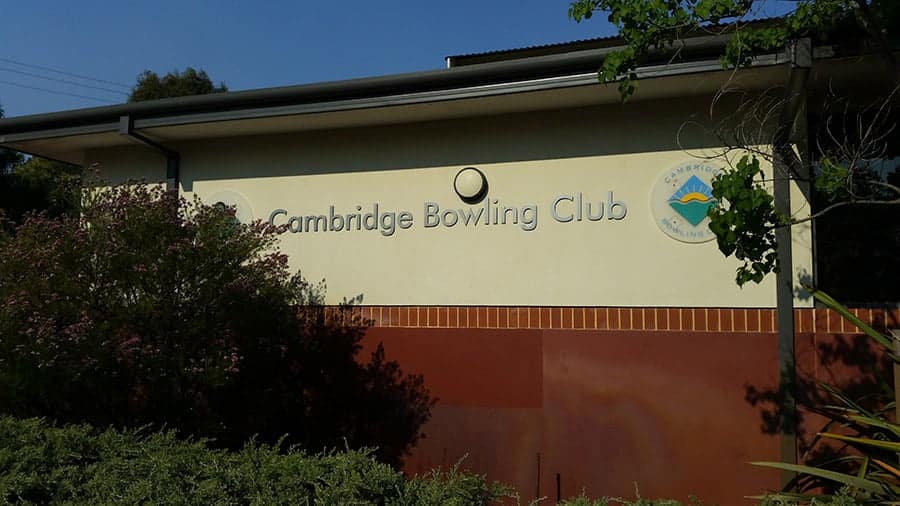Exercise and Better Hearing

Hearing And Audiology is delighted to announce its Sponsorship of the Cambridge Bowling Club. We are proud to support our Local Community and look forward to our association with the Cambridge Bowling Club and all its members in the future. Lawn Bowls is a great opportunity to be active, make new friends and get involved in the social and bowling life offered by clubs. You can really get involved at whatever level appeals to you. Lawn bowls can be played by anyone of any age and at many levels from casual social bowls up to the elite level….. and it a great way to exercise!
Do you exercise every day, without fail? Yeah, me neither. But a very interesting study from the American Speech-Language-Hearing Association (ASHA) found that as people age, their ability to hear is directly tied to their heart’s health.
What’s the connection? Good cardiovascular health increases blood flow in your body, including the blood that flows to your head. This keeps your ears hearing and functioning well. Although cardiovascular health is important at any age, the distinction in hearing is noticeable in those 50 and over. In fact, the study shows a person in their 50s who is in good shape can hear as well as a person in their 30s.
The U.S. Surgeon General’s report on Physical Activity and Health recommends that everyone engage in some type of exercise on a regular basis. Our research shows the benefits to aerobic exercise in most age groups when cardiovascular fitness is attained. This means large muscle movements, such as walking, bicycling, and swimming, for at least 20-30 minutes at a time, five days per week.
The older a person is, the more important it is to maintain or increase aerobic fitness, which is directly related to increasing cardiovascular health. This will positively affect many well-known health risk factors, as well as hearing sensitivity.
Cardiovascular fitness contributes to better neural integrity in the cochlea, specifically the outer hair cells by ensuring ample supplies of oxygen-rich blood to surrounding organs. Another possible explanation is that people who are heart-healthy maintain overall health better thus limiting damage to hearing due to noise exposure, medications and disease.
Recent advances in medicine and positive changes toward healthy lifestyles have challenged some long-held assumptions about “inevitable aging changes” — including age-associated hearing loss. Impaired hearing in older years has always been considered as something to be expected. But age-related hearing impairment is a complex disorder, with involvement of both environmental and genetic factors. Although significant hearing loss is present in approximately 1 out of every 3 Americans aged 65 years and older, hearing sensitivity can be maintained very well into those “older” years.
The exception to these findings would be a hearing loss with a genetic component or a family history of hearing impairment.
If persons with low cardiovascular fitness could improve to just a moderate level of fitness, that the benefits would include a variety of parameters, including hearing sensitivity, and that hearing levels would be maintained as if they were younger, longer. Sit less. Move more. Hear better!

